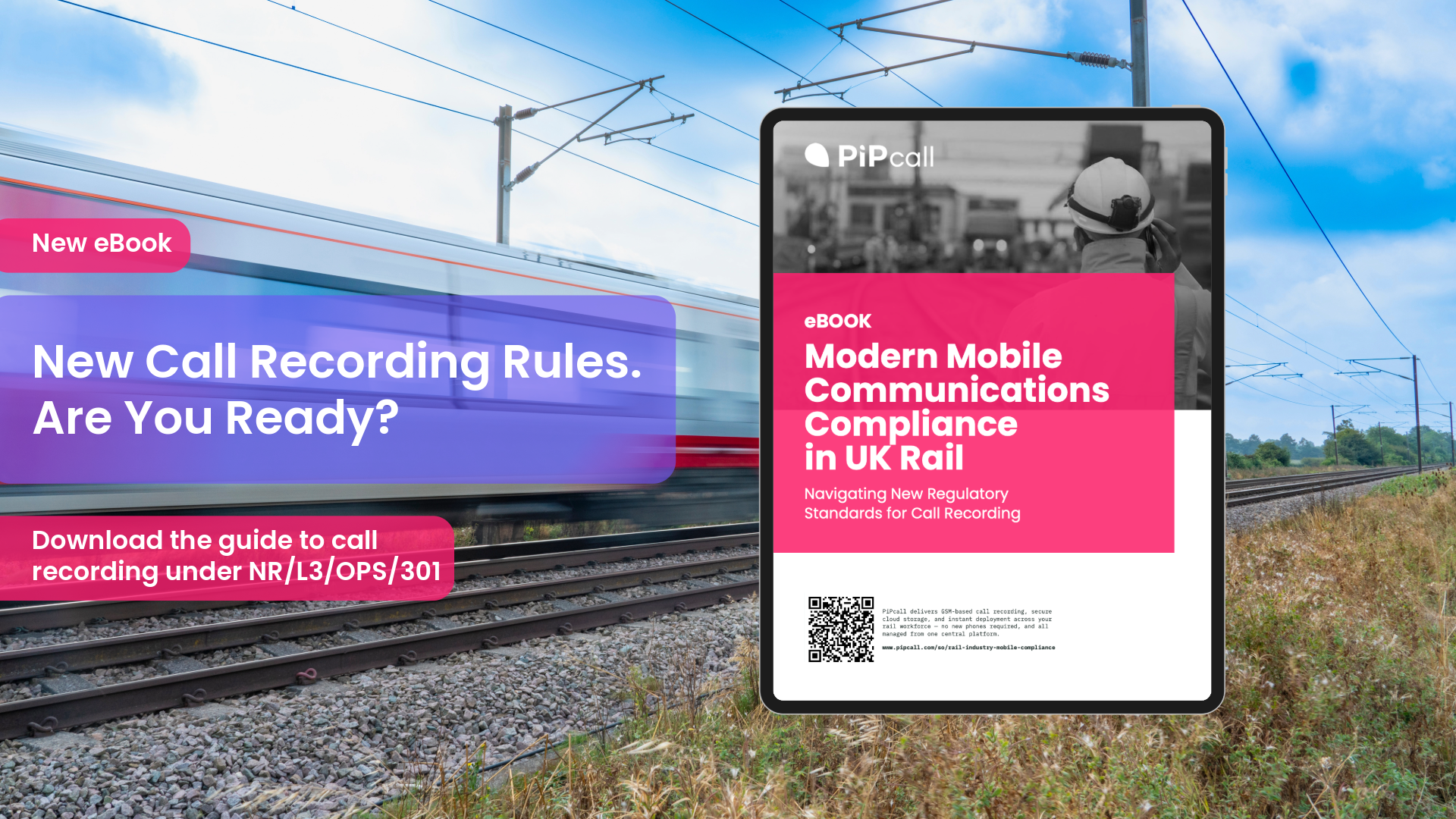The shift towards remote and hybrid work models has become more prominent in recent years, and businesses must adapt their technology infrastructure to meet the evolving needs of a distributed workforce. One of the key innovations that support this transformation is eSIM technology. With eSIMs, businesses can offer flexibility, control, and secure connectivity to remote employees, regardless of their location.
In this article, we will explore the benefits of eSIMs for remote work models and how businesses can manage employee connectivity effectively with this technology.
Benefits of eSIMs for Remote and Hybrid Work Models
Flexibility in Deployment
eSIM technology provides instant, flexible deployment for remote workers, eliminating the need for physical SIM cards. As eSIMs are embedded directly into devices and activated remotely, businesses can provide new employees or contractors with immediate connectivity. This rapid deployment ensures that workers can stay productive without delays.
For businesses with a global workforce, eSIMs offer the advantage of multi-network connectivity. Employees working across different regions or countries can easily switch to local networks without the hassle of inserting new SIM cards. This is particularly useful for organisations that operate in multiple markets, as it allows employees to stay connected, avoid roaming charges, and maintain consistent communication.
Simplified Device Management
Managing a remote workforce requires a seamless approach to device provisioning and management. eSIM technology supports this need by enabling businesses to manage all devices remotely. Through centralised platforms or Mobile Device Management (MDM) systems, IT teams can activate, deactivate, or switch eSIM profiles without the need for employees to visit the office.
This also makes it easier to manage temporary or seasonal workers. By activating an eSIM for the duration of the employee's contract, businesses avoid the logistical challenge of handling physical SIM cards. Once the contract ends, the eSIM can be deactivated remotely, keeping the process efficient and secure.
Cost-Effectiveness
eSIMs offer significant cost savings for businesses, particularly those with international teams. By reducing the need for shipping physical SIM cards and eliminating the logistics of managing SIM inventory, businesses can lower operational costs. Additionally, employees travelling internationally can benefit from eSIMs by switching to local data plans or network providers, minimising expensive roaming fees.
Furthermore, eSIMs help companies avoid "bill shock" by enabling them to monitor data usage closely. They can set data limits or provide multiple profiles for employees based on their specific needs, ensuring that costs remain under control.
How Businesses Can Manage Remote Employee Connectivity with eSIMs
Centralised Control and Remote Profile Management
A key advantage of eSIMs for businesses is the ability to manage business eSIM deployment remotely. With centralised platforms, IT administrators can oversee the deployment, activation, and management of eSIM profiles for all employees. This centralised control allows businesses to quickly assign or reassign eSIMs to devices, ensuring employees remain connected no matter where they are.
Remote management also enables companies to adapt to changing network conditions. If an employee experiences poor connectivity with one network, IT teams can remotely switch the eSIM profile to another network with better coverage. This capability is especially beneficial for remote workers based in rural areas or locations with inconsistent mobile coverage.
Enhanced Security and Data Privacy
As businesses support remote work, ensuring secure connectivity becomes a top priority. eSIMs provide enhanced security by embedding the SIM within the device, reducing the risk of physical tampering. Furthermore, eSIM profiles are protected by strong encryption, making it harder for attackers to gain unauthorised access.
For organisations handling sensitive data, eSIM technology offers a higher level of control over who has access to business-critical networks and information. Through the centralised management platform, businesses can restrict or revoke access in real time, mitigating potential risks associated with remote working.
Real-Time Data Monitoring and Analytics
eSIMs also offer businesses the ability to track and monitor connectivity usage in real time. Through data analytics tools, companies can analyse employee network usage, identify trends, and optimise mobile data plans. This real-time insight ensures that businesses are only paying for what they need, preventing overuse or underutilisation of data plans.
For example, companies can monitor whether employees are using more data than expected, allowing them to adjust plans accordingly. Conversely, if data usage is lower than anticipated, they can switch to a more cost-effective plan. This level of oversight helps businesses maintain financial control while ensuring employees remain connected.
Ensuring Business Continuity with eSIMs
As the workforce continues to evolve towards remote and hybrid models, ensuring business continuity is essential. eSIMs play a critical role in supporting uninterrupted operations by providing quick, flexible, and secure connectivity solutions. From enabling remote deployment to supporting multi-network connectivity, eSIMs offer a practical solution for businesses looking to optimise their remote work strategy.
PiPcall’s business eSIM solutions provide an all-in-one package that supports data, calls, and multi-network options, ensuring that your employees remain connected wherever they are. Whether managing a global team or adapting to new hybrid work arrangements, eSIMs provide the tools businesses need to thrive in today’s flexible work environment.



.png)


